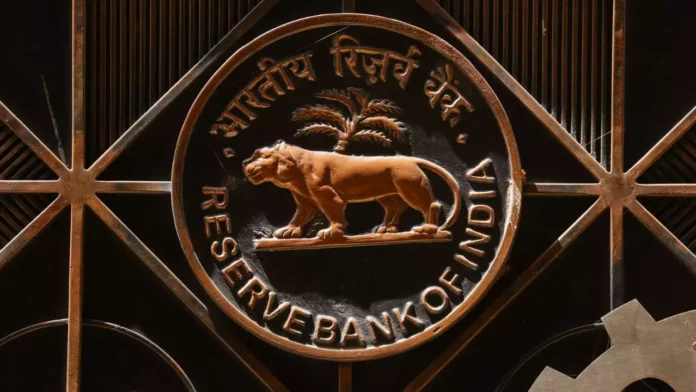New Delhi [India]: Faced with food inflation remaining at elevated levels consistently, the Reserve Bank of India on Thursday said that it is too long a period for a food price shock to be termed as transitory.
“The argument that food price shocks are transitory does not seem to be borne out by the actual experience over the past one year – too long a period for a shock to be termed as transitory!” the central bank said in its July bulletin.
Sporadic spikes in prices of a range of vegetables are giving the broader category of vegetables inflation an enduring character, said the Bulletin.
Rising food prices continued to be a headache for Indian consumers with the inflation rate in the food segment almost doubling year-on-year in June. The food inflation almost doubled to 8.36 per cent last month, versus 4.63 per cent reported same month of 2023, data showed.
Government data showed last week that retail inflation for all segments of food — cereal and products, meat and fish, egg, milk and products, oils and fats, fruits, vegetables in particular, pulses and products, sugar, spices, prepared snacks, and sweets — rose month-on-month.
India’s overall retail inflation rate hardened in June, taking a departure from the moderation it witnessed in the past months, pushed by rising food prices. The year-on-year inflation rate based on all India Consumer Price Index (CPI) numbers is 5.08 per cent (provisional) for the month of June, 2024. The retail inflation or Consumer Price Index, in December last year was 5.7 per cent, and since was moderating.
Food prices continue to remain a pain point for the policymakers in India, who wish to bring retail inflation to 4 per cent on a sustainable basis.
Inflation has been a concern for many countries, including advanced economies, but India has largely managed to steer its inflation trajectory quite well. The eased month-on-month retail inflation, barring June, came on the heels of RBI having maintained the status quo in the repo rate for the eighth straight occasion. The repo rate is the rate of interest at which the RBI lends to other banks.
Barring the recent pauses, the RBI has raised the repo rate by 250 basis points cumulatively since May 2022 in the fight against inflation. Raising interest rates is a monetary policy instrument that typically helps suppress demand in the economy, thereby helping the inflation rate decline.
Pressure in food prices has been interrupting the ongoing disinflation process in India, and posing challenges for the final descent of the inflation trajectory to the 4 per cent target. Next monetary policy meeting of RBI is scheduled in early August.
RBI in its Bulletin today said its monetary policy approach has yielded some gains in the form of retail inflation dipping into the tolerance band since September 2023.
“Yet, disinflation has been grudging and uneven and headline inflation remains closer to 5 per cent than to the target of 4 per cent in its latest readings in spite of historically low readings on core inflation and sustained deflation in fuel prices,” the Bulletin read.
Further, it said that RBI is committed to align inflation durably to the target.
Till that is achieved, the recent halting declines in inflation readings have to be regarded as “work still in progress, it noted.


